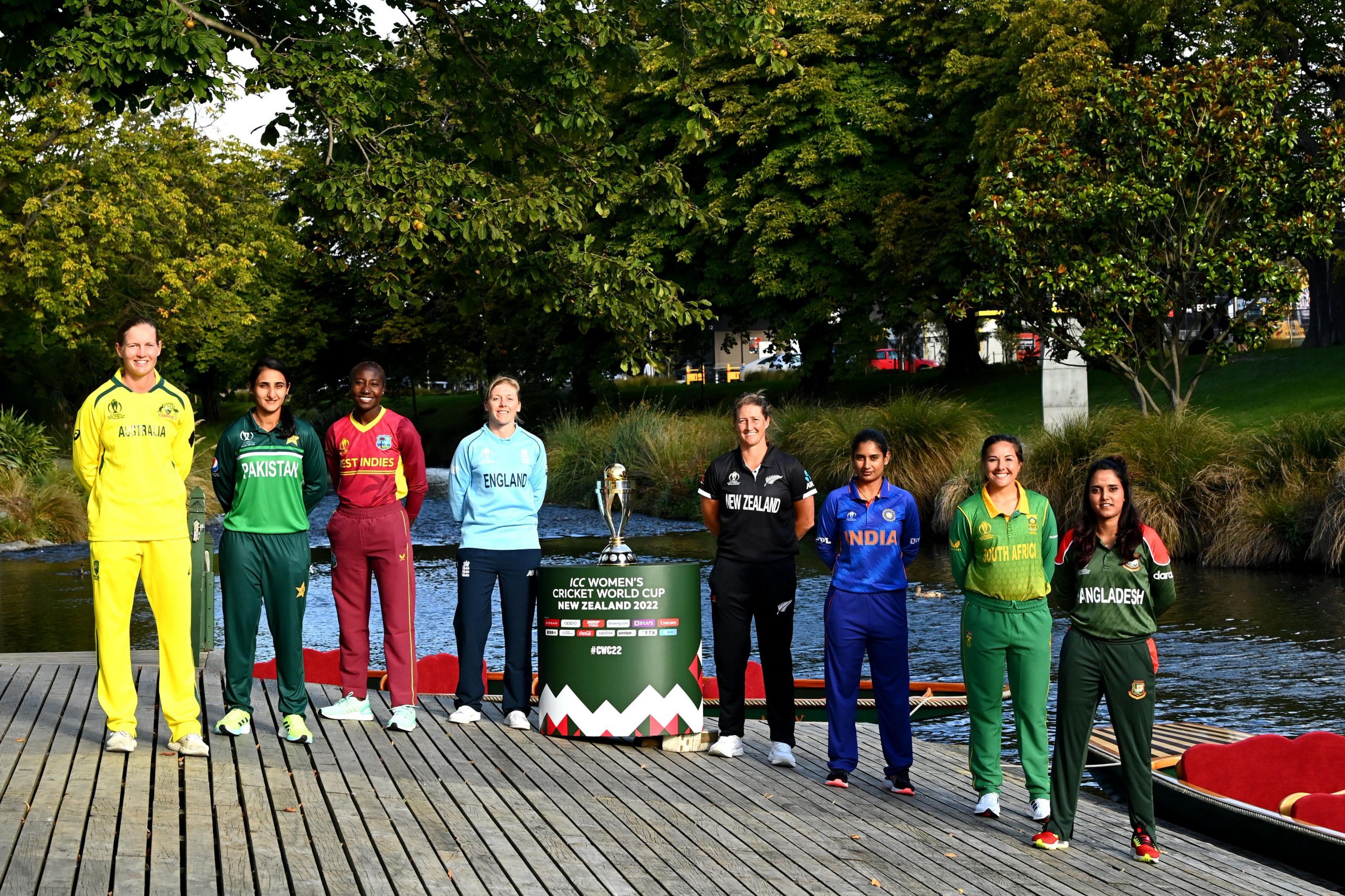Six-time champion Australia again is favored to win the Women’s Cricket World Cup which begins Friday at a watershed moment in the sport, amid clamor for pay equity and rising global exposure for the women’s game.
A comprehensive win in the recent Ashes series shows Australia is in peak form heading into its opening match of the tournament against defending champion England on Saturday.
“I think our group is very fresh and that’s a good sign heading into what will be a physically and mentally challenging tournament,” Australia batter Rachael Haynes said. “There’s going to be some tough games of cricket.”
Host New Zealand beat Australia in a warm-up match and will meet the West Indies in the first match of the tournament Friday with limited fan support at Bay Oval in Tauranga. New Zealand is battling an COVID-19 omicron outbreak with more than 20,000 cases a day and crowds will be restricted to 10% of venue capacity.
The tournament is an eight-team round-robin involving Australia, England, New Zealand, Pakistan, West Indies, South Africa, India and Bangladesh. The 50-over matches will be played at six venues which will require considerable internal travel.
COVID-19 will loom as a constant threat over the tournament but extraordinary contingency plans have been put in place to allow matches to go ahead with as little disruption as possible.
England captain Heather Knight told a news conference a tournament unaffected by the coronavirus is “probably unlikely.”
It didn’t take long for Knight’s prediction to come true. Australian all-rounder Ashleigh Gardner will miss the first two World Cup games, including Saturday’s opener against England and its March 8 match with Pakistan after testing positive to COVID-19. Under New Zealand government health guidelines, Gardner will have to isolate for 10 days.
Organizers will allow matches to be rescheduled in the event of a COVID-19 outbreak but also have an extraordinary plan in an extreme scenario which would allow teams to field nine players and two substitutes drawn from their management contingents. None of the teams has openly criticized that suggestion, though it has at least raised eyebrows and prompted some jokes.
“It’s created a few jokes among the female staff,” Knight said. “We’ve got the doctor and the manager down to have a net tomorrow. With the rules around close contacts, there’s a scenario where it might happen, so people are desperate to get the tournament on if something goes badly wrong with COVID. It’s not an ideal situation and hopefully it never happens.”
England won the the title the last time the 50-over World Cup was staged in 2017, rallying after losing its opening match against India to beat India in the final. Knight believes that experience is in England’s favor as it attempts to defend its title.
“Australia are going to go in as favorites, but (the 2017 World Cup win) should give us a lot of experience of what it takes to be successful in these events,” she said. “Sometimes it’s just about getting over the line and I think that’s what we did so well in 2017.”
The eight teams at the World Cup will be competing for a prize pool of $3.5 million, an increase of 75% on the previous tournament. The winner will receive $1.32 million, double the winner’s prize in 2017.
That’s compared with the $10 million which will be up for grabs in the men’s World Cup in 2023, including the $4 million winner’s purse.
The increase in prize money still marks a major step forward for women’s cricket. Individual nations also are taking steps to improve the remuneration of female players.
“Those sorts of things are really important in terms of the message that it sends more broadly in the community,” Australian vice-captain Haynes told Australian media. “Even just last week, we saw the U.S. soccer team win their fight for pay equity in their sport, so I think there is a lot of groundswell around this and particularly governing bodies needing to make sure there is gender equity in their sport.
“I definitely would suspect over time we would see greater parity in prize pools and pay.”
Australia won the women’s Twenty20 World Cup on home soil in March 2020, beating India in the final in front of more than 86,000 people at the Melbourne Cricket Ground in the last major event staged before the global shutdown for the pandemic.







